Introduction
Parenting style shapes a child’s emotional, social, and cognitive development more than most parents realize. While all parents want their children to thrive, the way boundaries, expectations, and affection are expressed can make the difference between raising a confident, independent individual or one who struggles with self-worth and autonomy. Among the most debated approaches are authoritarian parenting—often associated with excessive control—and authoritative parenting, which combines structure with warmth.
Authoritarian vs. Authoritative Parenting
Authoritative Parenting
This style emphasizes reasonable expectations, age-appropriate rules, and open communication. Parents explain the reasons behind rules in simple, clear ways and allow children to make choices within safe boundaries. Children raised in this environment typically develop strong self-confidence, independence, and problem-solving skills.
Authoritarian Parenting
In contrast, authoritarian parenting relies on strict, inflexible rules, heavy reliance on punishment, and little room for dialogue or affection. Love and acceptance may feel conditional on obedience. Such children often internalize the message that their worth depends solely on compliance, rather than individuality.
The Hidden Costs of Authoritarian Parenting
1. Erosion of Self-Esteem and Autonomy
Children under constant control often believe they are valued only when they obey. This stifles independence and damages their sense of self-worth.
2. Long-Term Mental Health Risks
Research suggests that adults who grew up with authoritarian parents face higher risks of anxiety, depression, and chronic feelings of inadequacy.
3. Struggles in Relationships and Learning
Teenagers who experienced rigid control often find it difficult to build healthy relationships, make independent decisions, or perform academically. They may show dependency on others and struggle with critical thinking.
4. Poor Emotional Regulation
Instead of learning self-control, children react impulsively, as they were never given space to practice managing emotions independently.
- Common Patterns of Authoritarian Parenting
- Rigid rules that ignore developmental stages.
- Heavy reliance on rewards and punishments.
- Limited respect for a child’s personal space or individuality.
- Lack of dialogue, with little explanation for decisions.
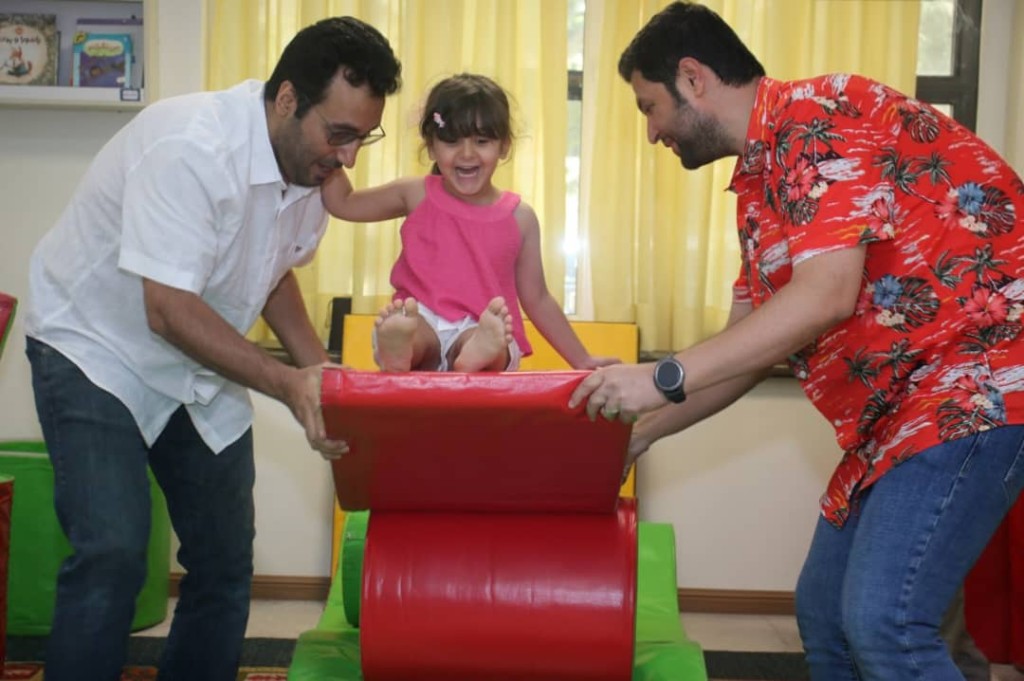
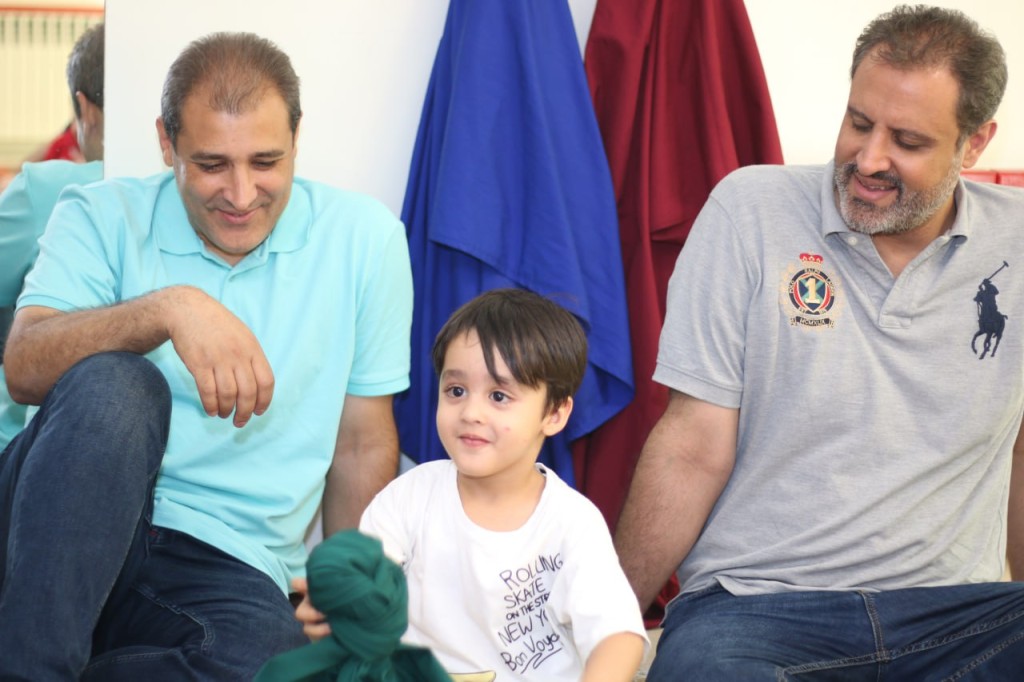
Shifting Toward Authoritative Parenting
1. Balancing Structure with Affection
Clear boundaries should always be paired with warmth and empathy. Explaining rules builds understanding and trust.
2. Encouraging Decision-Making
Offer choices within safe limits. For example, let a child choose between two parent-approved options. This nurtures responsibility and confidence.
3. Building Growth Mindset and Resilience
When parents model encouragement and optimism, children internalize the belief that they can learn, grow, and adapt.
4. Avoiding Over-Surveillance—Online and Offline
Excessive digital monitoring, for example, can erode trust. Respecting a child’s privacy strengthens their sense of independence.
Conclusion
Parental control, even when motivated by love or concern, can unintentionally harm a child’s ability to trust, decide, and regulate emotions. The alternative is not the absence of rules, but rather authoritative parenting: a balance of structure, empathy, and respect for individuality.
By shifting from authoritarian control to authoritative guidance, parents help children grow into resilient, self-assured adults who carry both independence and strong connections with others.
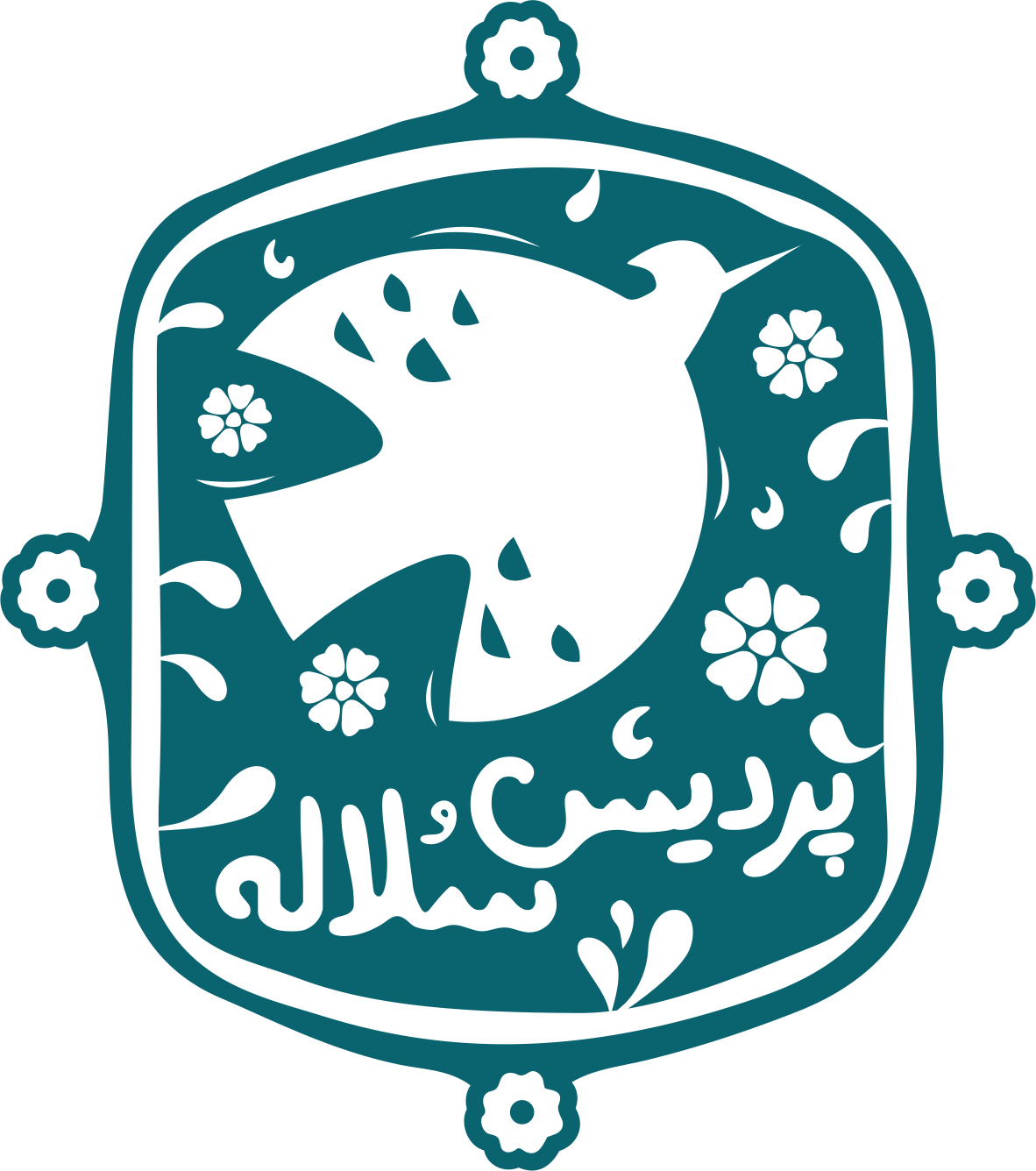
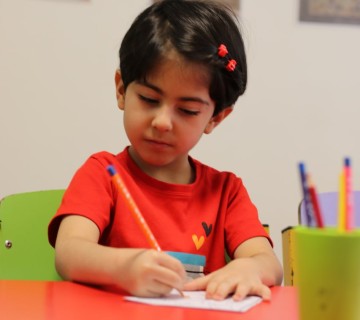
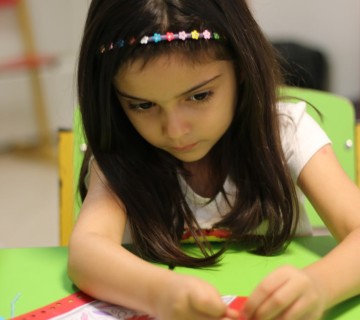


بدون دیدگاه